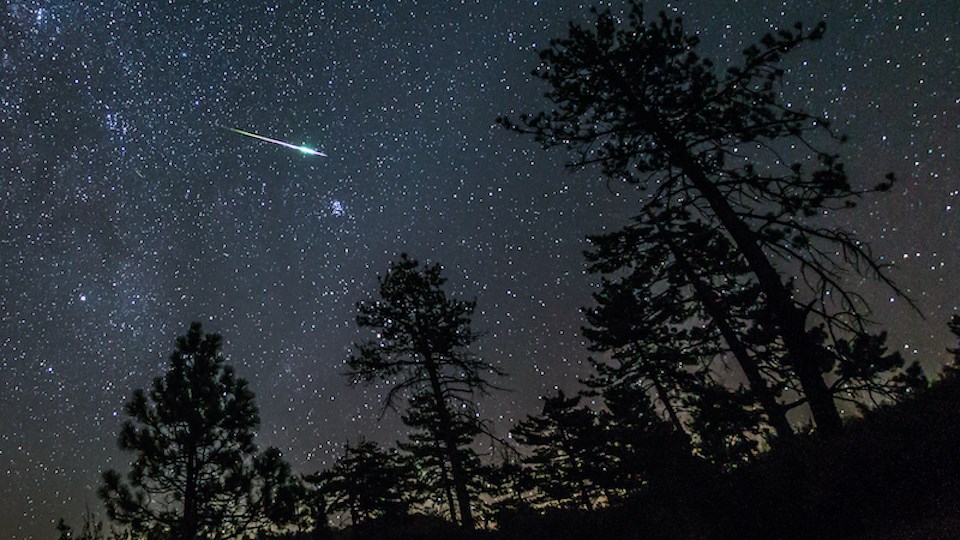The Leonids meteor shower may rain some "fireballs" over Metro Vancouver overnight on Friday, Nov. 17.
The annual autumn shower kicked off on Nov. 3 and carries through Dec. 2 and has produced five "meteor storms" over the past 200 years. While one of these isn't expected to happen again until 2099, there can be "good displays" of up to 100 shooting stars per hour when the shower peaks, according to the American Meteorological Society (AMS)
Stargazers have the greatest opportunity to see shooting stars during the peak of the shower, which takes place overnight on Friday and into the wee hours of Saturday.
The meteor shower also produces "fireballs," which the AMS describes as very bright meteors that are about the same brightness as the "planet Venus in the morning or evening sky." Additionally, some people report seeing vivid colours because the brightness is "great enough to fall well within the range of human colour vision." Some of them even report hearing "sonic booms, and electrophonic sounds," albeit very rarely.
The Leonids are also considered a "major" shower and one of the fastest -- its meteors can reach speeds of 44 miles per second, according to NASA.
Thankfully, it looks like viewing conditions will be mostly favourable for viewing the peak of the shower. While the Metro Vancouver weather forecast includes some cloudy periods, rainfall isn't expected.
While you'll likely stay dry on your sky-watching excursion, you will want to dress warmly. V.I.A.'s Downtown Centre Weatherhood station includes a chilly overnight low of 4 C for Friday.
Leonid meteor shower viewing tips in Metro Vancouver for November 2023
To fully enjoy the spectacle, here are a few tips for meteor hunting:
- If possible, head away from city lights, which make it hard to see fainter meteors. To increase your chances of seeing shooting stars, set out in search of dark skies in the countryside.
- If you need to use a flashlight, place a red filter over the bulb (a red balloon will do in a bind). White light is very blinding and may affect your night vision.
- Dress warmly. It is still a good idea to bring warm (even winter) clothes.
- Sit back and relax on a reclining chair or lie down on a blanket. Not only is it much more comfortable to observe the stars lying down, but you'll also see more that way.
- Pack a thermos of hot chocolate or coffee—it will come in handy if you start to drift off or get a little chilly!
- Be patient. It might take a while before you see your first shooting star. Don't be quick to give up... It's worth the wait!



